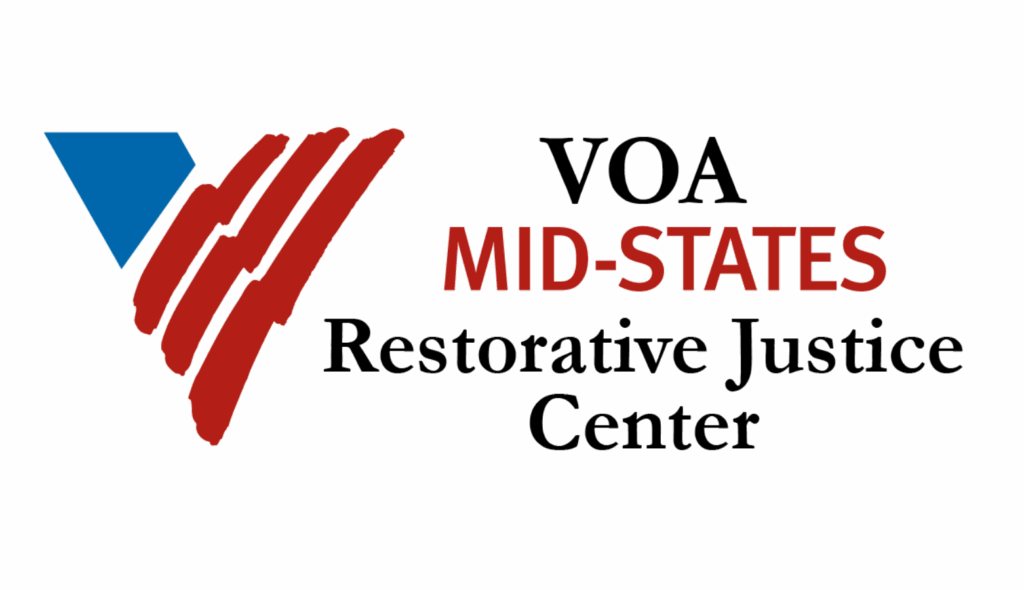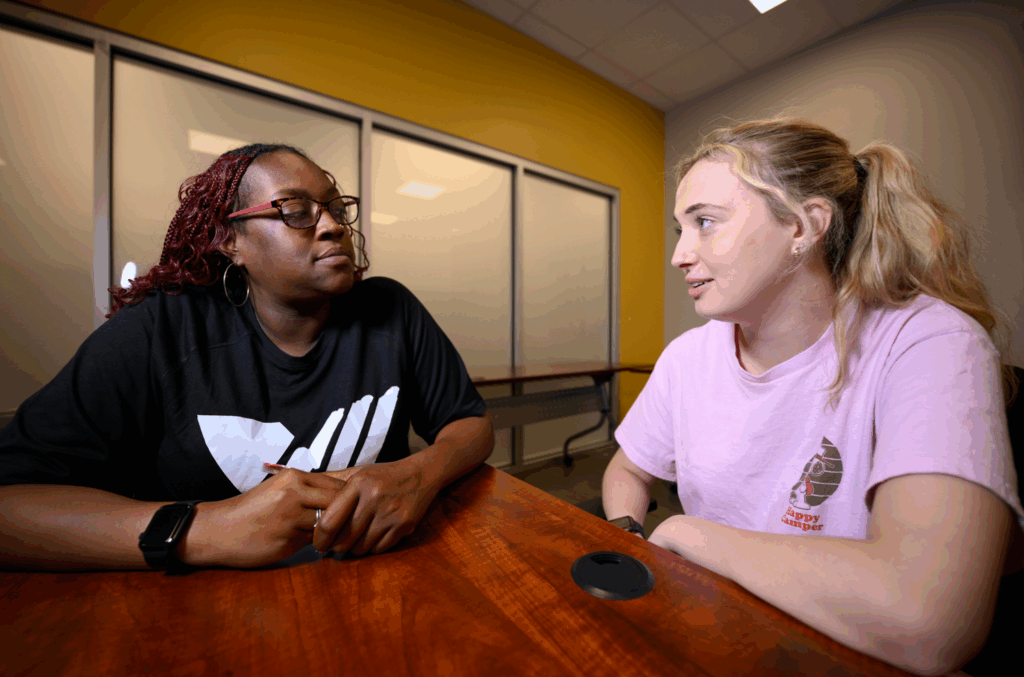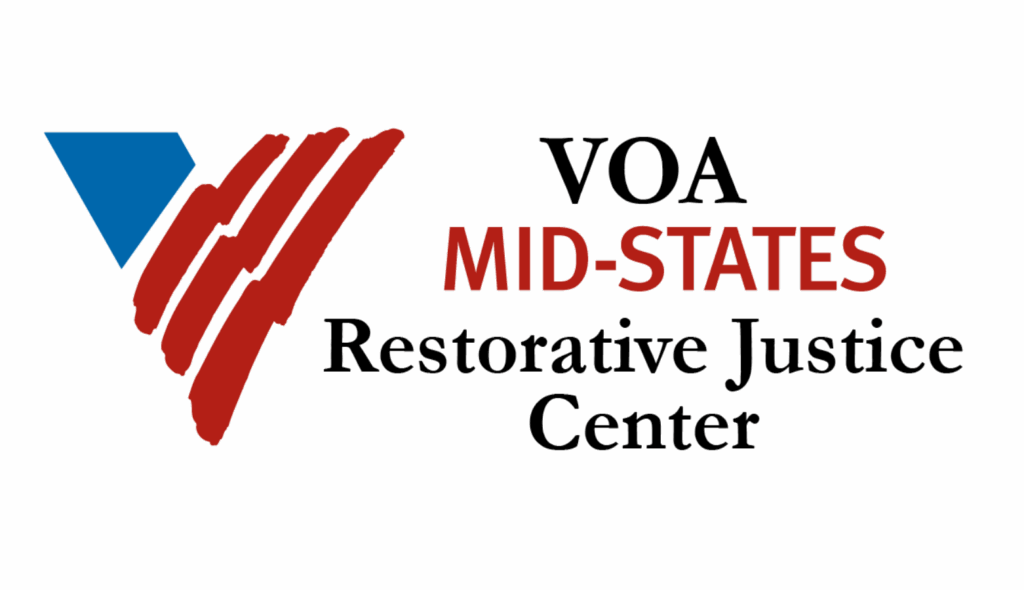
Transforming Communities by Ending Crime.
Restorative Justice Center provides a facilitated process to allow youth harmed by crime or wrongdoing to meet with the person(s) who caused the harm so they can negotiate their own resolution to address the harm outside of traditional systems.
Our Kentucky Offices
Louisville
2820 W. Broadway, Ste. 600
Louisville, KY 40211
(502) 263-2499
London
816 S. Main Street
Louisville, KY 40211
StephanieC@voamid.org

Restorative Justice (RJC) provides a holistic and comprehensive approach to the traditional criminal justice system by bringing together the offender, victim, and community to make things right.
Through facilitated conferences, parties collectively identify the harm and determine a solution-based resolution. The restorative justice approach ensures that restitution and compassion are integral parts of the judicial process.
“I don’t know what I would do without RJ’s help, I am on a fixed income and I had no idea how I was going to be able to get my kids the stuff they need.”
A grandmother that is guardian for six children due to substance use disorder in the family. Before this family received coats, they were wearing layers of clothing to stay warm.
Our Service Areas

Restorative Justice Center provides services in McCracken, Graves, Christian, Daviess, Warren, Grayson, Hardin, Jefferson, Franklin, Scott, Adair, Fayette, Clark, Jessamine, Madison, Jackson, Rockcastle, Clay, Laurel, Pulaski, Wayne, Clinton, McCreary, Whitley, Knox, Bell, Leslie, and Boyd counties.
A different approach to the justice system that provides a way for individuals who were harmed to have a direct say in the process.
Restorative Justice Center Case Study
Joey’s Story
As a 14-year-old with autism, Joey exhibited increasingly challenging behavior. After a series of serious physical altercations with school staff and security, Joey faced significant assault charges. His family was running out of options from service providers until Joey was referred to Restorative Justice Center’s (RJC) Alternate to Detention (ADT) project.
RJ case manager, Martha Basham, introduced Joey to an animal therapy farm. Shortly after, Martha and his family noticed Joey’s behavior was improving.
His mom, JG, was grateful for RJ, Martha, and the new form of therapy that was helping her son.
“Finally, we met someone who doesn’t just say, ‘I’ll see what I can do’, following the same blueprint,” JG said.
RJ ATD project provides an alternative for young people like Joey, by focusing on the person as an individual and finding services and/or activities that provide different paths of healing and being.
Now in family therapy, Martha continues to work with the family to ensure they find the support they all need to continue on this path together.
Finally, we met someone who doesn’t just say, ‘I’ll see what I can do’, following the same blueprint.
JG said

